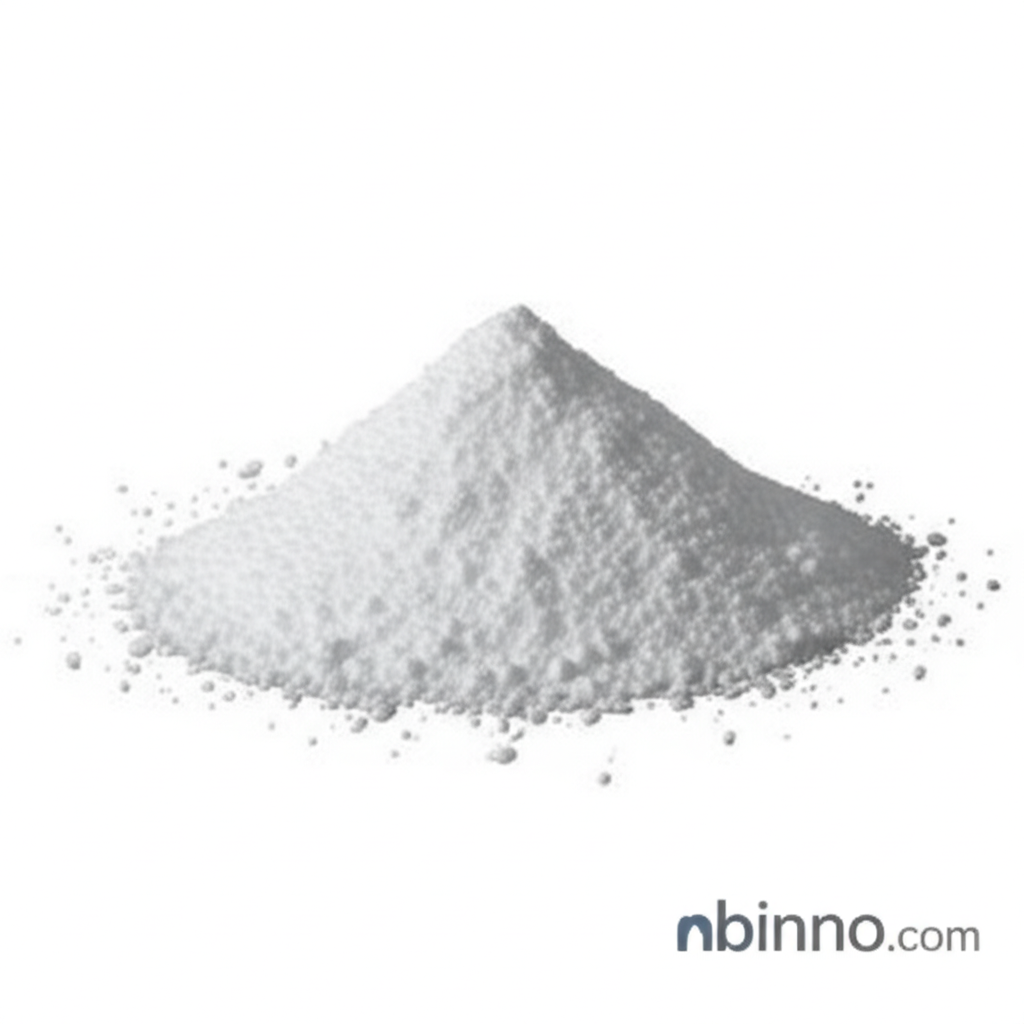Trypsin: A Key Veterinary Enzyme for Protein Digestion and Wound Healing Applications
Explore the enzymatic power of Trypsin, essential for animal health and advanced biotech applications.
Get a Quote & SampleProduct Core Value

Trypsin
Trypsin is a vital serine protease enzyme playing a critical role in the hydrolysis of proteins. It is instrumental in breaking down large protein molecules into smaller peptides and amino acids, facilitating their absorption and utilization by the body. Its applications extend from essential digestive processes to advanced biotechnological and veterinary uses.
- Discover the mechanism of protein hydrolysis by trypsin, a key process for nutrient absorption in animals.
- Learn about the veterinary use of trypsin in treating wounds and promoting tissue regeneration.
- Understand how trypsinogen activation leads to the active enzyme form critical for biological functions.
- Explore the broad digestive enzyme applications of trypsin in various biological and industrial settings.
Key Advantages of Trypsin
Enhanced Protein Digestion
Trypsin efficiently breaks down proteins, ensuring better nutrient absorption, which is vital for animal health and growth. Understanding protein hydrolysis enzyme functions is key to optimizing nutritional outcomes.
Advanced Wound Care
Its proteolytic function aids in the debridement of wounds, removing dead tissue and promoting healing. The wound healing enzyme properties of trypsin are highly valued in veterinary applications.
Versatile Biotechnological Tool
Trypsin is indispensable in laboratory settings for cell culture, aiding in the dissociation of cells for passaging and analysis, showcasing its broad cell culture trypsin utility.
Key Applications
Veterinary Medicine
Utilized for its protein-cleaving properties in treating wounds and as a component in various therapeutic formulations for animals, highlighting its specific veterinary use trypsin capabilities.
Biotechnology & Research
Essential for cell dissociation in tissue culture, protein analysis, and various biochemical research applications, underscoring its role in scientific advancement.
Pharmaceutical Formulations
As a key enzyme in protein digestion and a component in some therapeutic agents, it contributes significantly to pharmaceutical development.
Nutritional Science
Its role in breaking down dietary proteins makes it fundamental to understanding nutrient absorption and digestive health.
